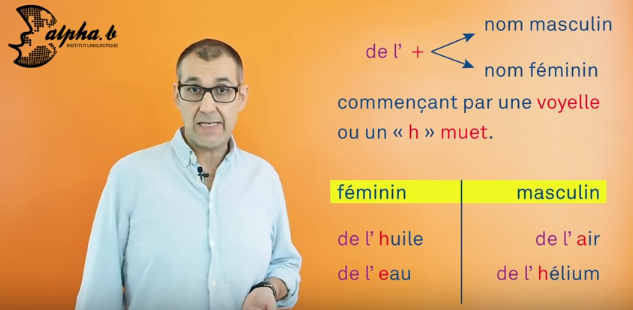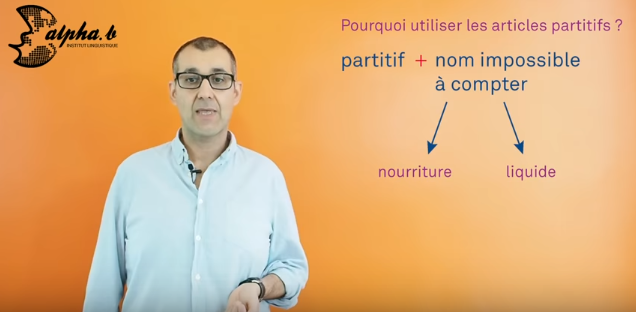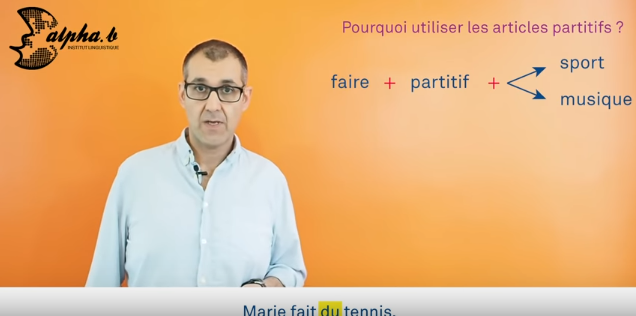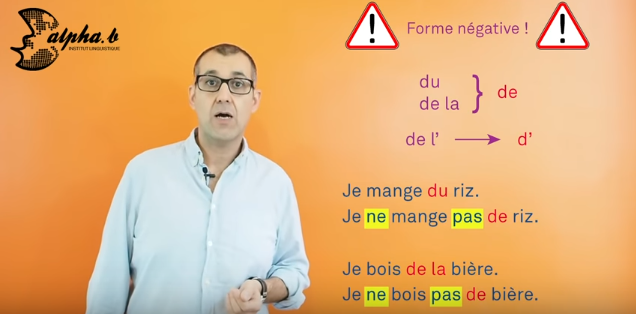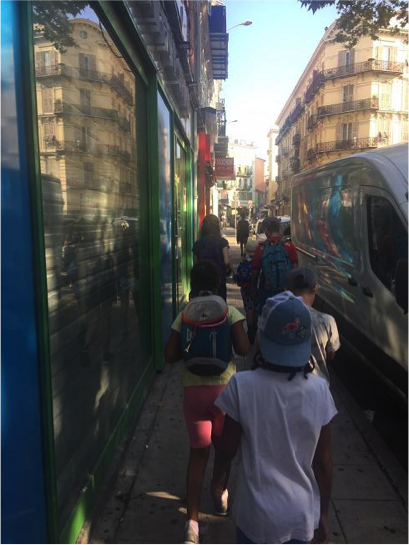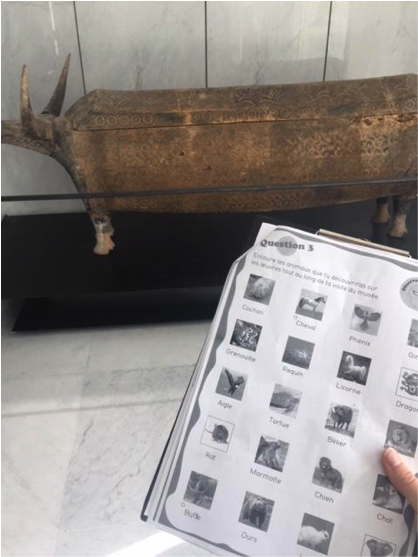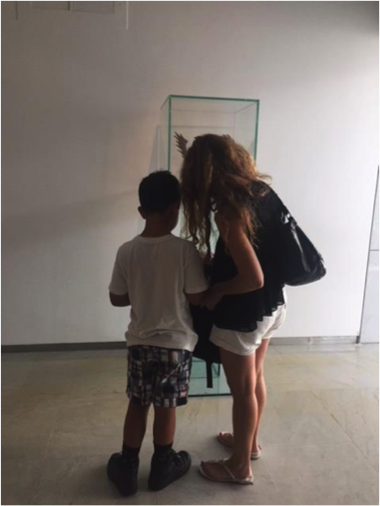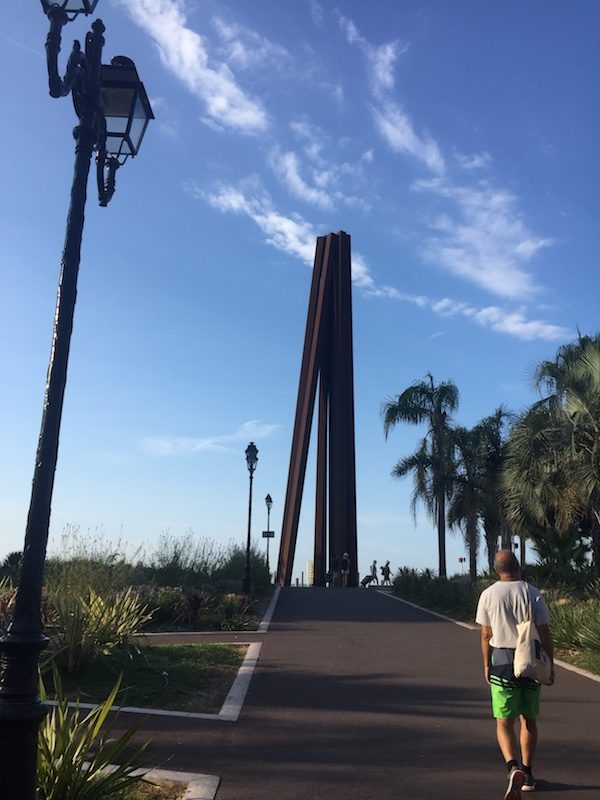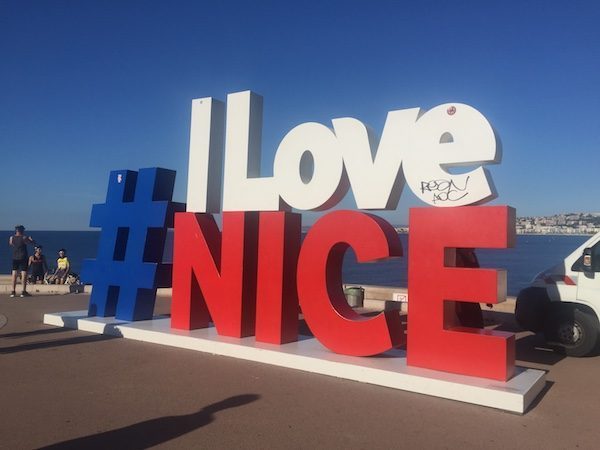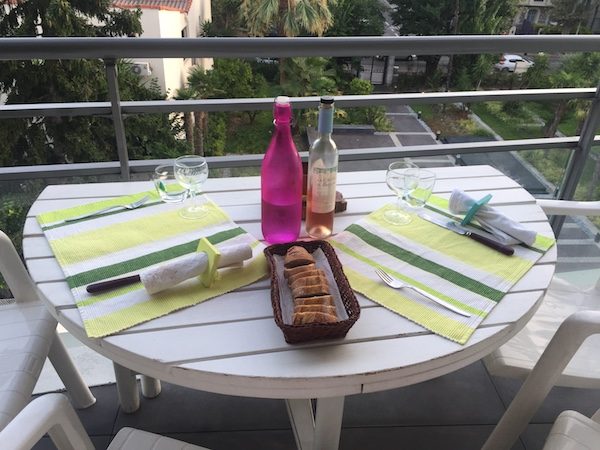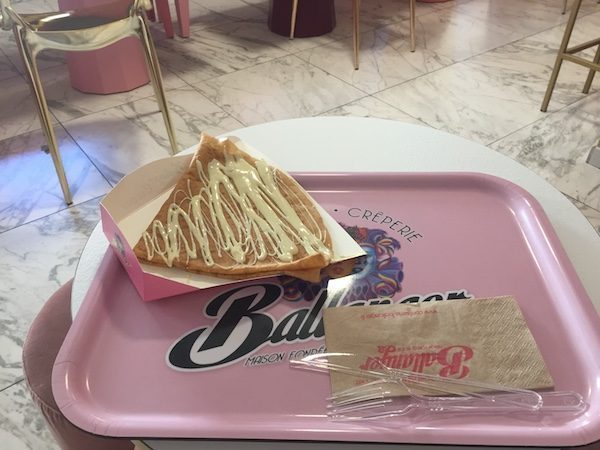If you are studying French at A-Level and are looking for a programme that will help you to boost your grade, look no further than alpha.b!
alpha.b is a dedicated French language school located in the centre of Nice, that offers courses tailored to English students preparing for their final French A-Level exams.
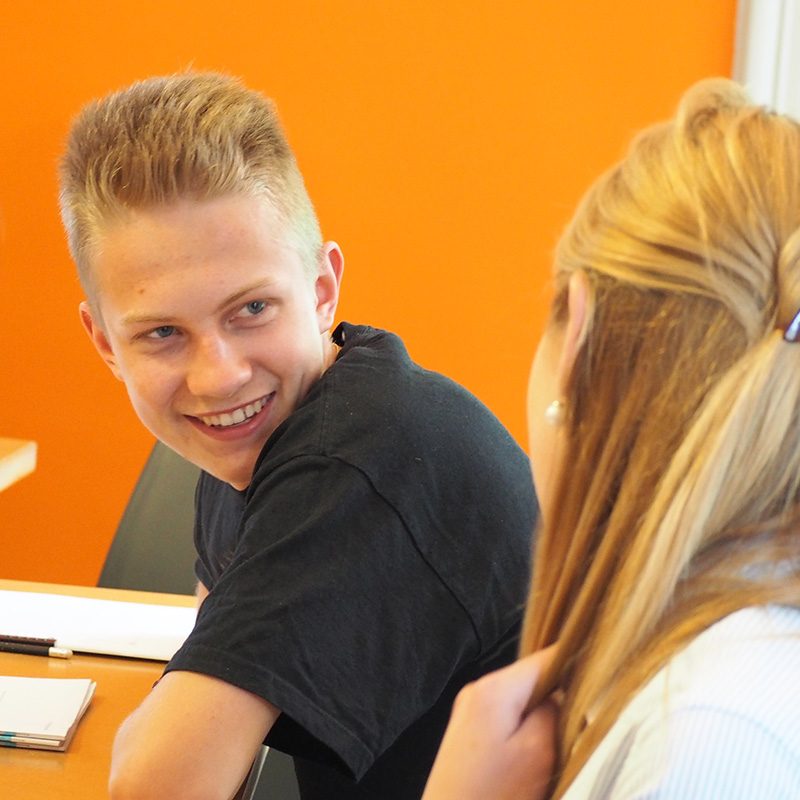
But why choose alpha.b?
If the stunning (and sunny!) backdrop of the Côte-d’Azur is not enough to tempt you, then rest assured that alpha.b has excellent teachers who are all native-speakers with university degrees. Another advantage of choosing alpha.b is the small class size that you will benefit from – a maximum of 10 students per class ensures that your teacher will be attentive and able to respond to your individual needs.
The combination of an immersive French experience with expert teachers can only enhance your French abilities. You will be able to improve the essential skills (reading, writing, listening, speaking) needed to succeed whether you’re just wanting to achieve your personal best or perhaps use French at university and beyond.
Not only will you expand and consolidate your knowledge of French, you will be able to meet students from all over the world.
There are also a wide variety of activities on offer each week, enabling you to relax after lessons and thoroughly enjoy your time here in Nice. These may include: visits to the nearby luxurious destinations of Cannes and Monaco; opportunities to take part in water-sports or group excursions to taste the local cuisine.
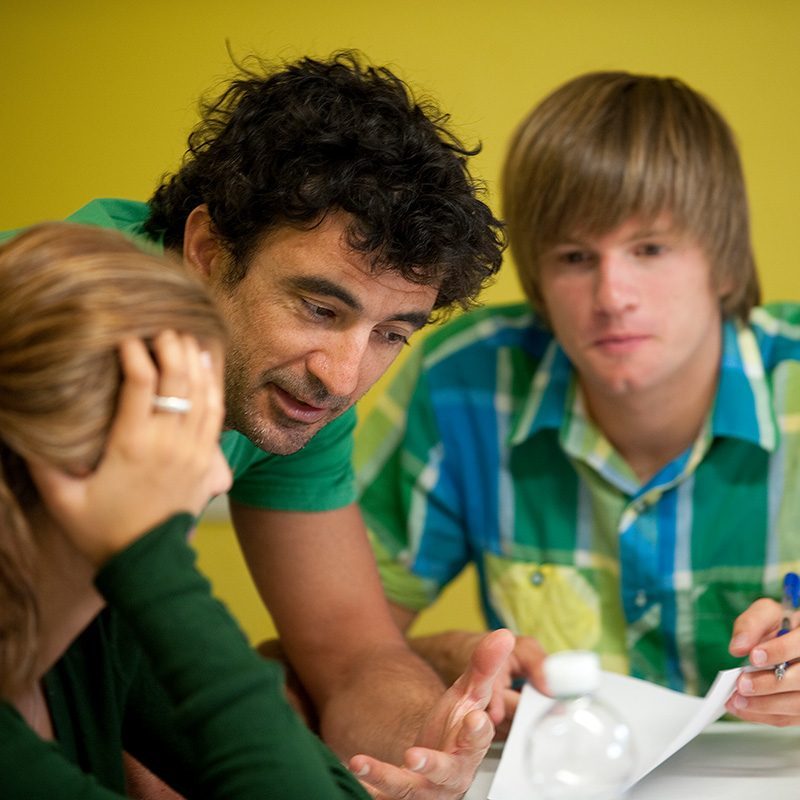
How does it work?
Those who have studied French at school for (at least) 4 years are eligible. Here is a brief overview of the A-Level course…
- Duration: 1-2 weeks
- Total 30 lessons per week which equates to 22h30 hours of teaching
Morning Programme:
- 20 lessons per week which equates to 15 hours of teaching
- the lessons are from 9:00-10:40 and 11:00-12:20 (20-minute break) Monday-Friday
Afternoon Programme:
- 10 lessons per week which equates to 7h30 hours of teaching
- lessons are 13:15-15:45, 3 afternoons per week (usually, Tuesday-Thursday)
What will I study?
During your morning sessions here at alpha.b, you will focus on specific topics and grammar points that are taught according to the French Continuous Course.
Whereas, in your afternoon lessons, you will focus on summary techniques and text analysis. All of the texts used within the classes will be on French literature and civilisation. You will also have some work to complete before the next lesson so that you can go over and correct the answers in class, together with the teacher. But, don’t worry as the alpha.book (a grammatical, phonetic and vocabulary resource) is provided by the school, should you be, at all, stuck.

Example Afternoon Lesson:
I spent an afternoon lesson with a group of students preparing for their A-Level exams. This particular lesson was led by Sandrine, who was engaging, encouraging and energetic, and focused on the use of opinion phrases. Expressing your opinion is an essential skill for French A-Level in order to prove to the examiner that you are able to eloquently express your personal views. As you may already know, depending on the opinion phrase used, it is sometimes necessary to use the subjunctive mood instead of the indicative and so, there was also a discussion around this fundamental area of grammar.
One of the students in the class had already mastered this topic and was alternatively set a challenging reading comprehension exercise to do. The differentiation within the class ensured that each individual was properly stimulated, and it was great to see a variety of skills, necessary to master the language, (i.e. reading/listening/writing/speaking) within the same classroom.
Each student then had to prepare a short oral presentation on the theme of love and be ready to answer questions posed by their classmates relating to their speech. Due to the small size of the class, this activity was very inclusive whilst also challenging each individual.
One student introduced the concept of age in relationships, which transpired to a discussion of French current affairs as the French president: Emanuel Macron is married to a woman 24 years his senior!
We rounded up the lesson with a game of questions, where the person in the hot seat could not answer with neither “OUI” nor “NON”, encouraging the students to put into practice what they had just learnt during the lesson.
After spending an afternoon in Sandrine’s class – I would recommend anyone considering an A-Level preparation course at alpha.b to take the plunge! Why not swap your normal classroom for one in the setting of beautiful, sunny Nice with experienced, French-native teachers?
When can I start?
- The Easter A-Level revision course takes place for 1 week… commencing the 15/04/2019
- The Summer A-Level revision course takes place for 1 or 2 weeks… from the 01/07/2019 to the 23/08/2019
Where will I stay?
In terms of accommodation, there are many options to explore whilst learning at alpha.b.
Whether it be a with a host family, in a student residence or in a hotel, you can find out more information here: https://www.alpha-b.fr/en/our-accommodation/
How much will it cost?
For more information about prices, visit our website: https://www.alpha-b.fr/en/prices/
Visit our website for more information on our A-Level Course: https://www.alpha-b.fr/en/preparing-for-french-exams-to-finish/
On our website, you will also be able to send an email to our office, should you have any more enquiries.

